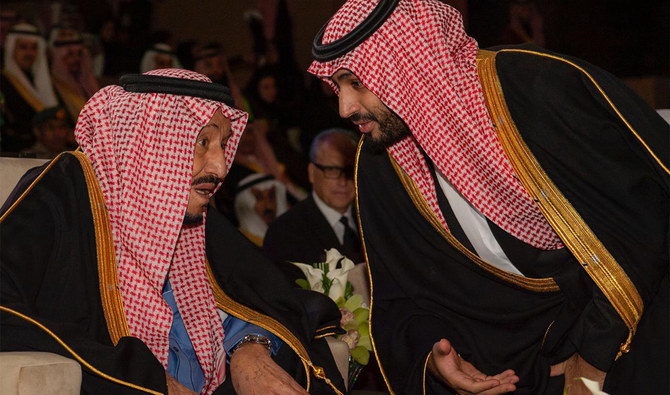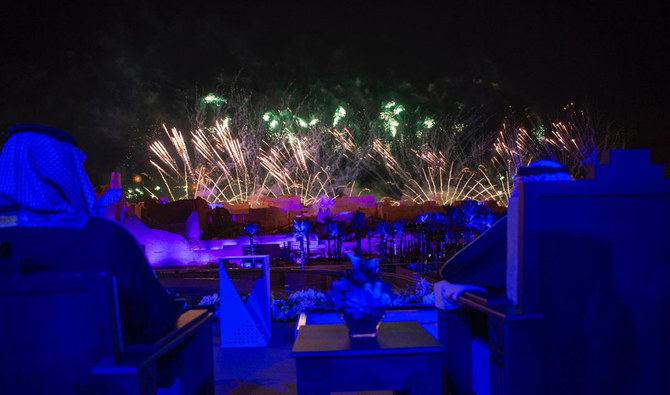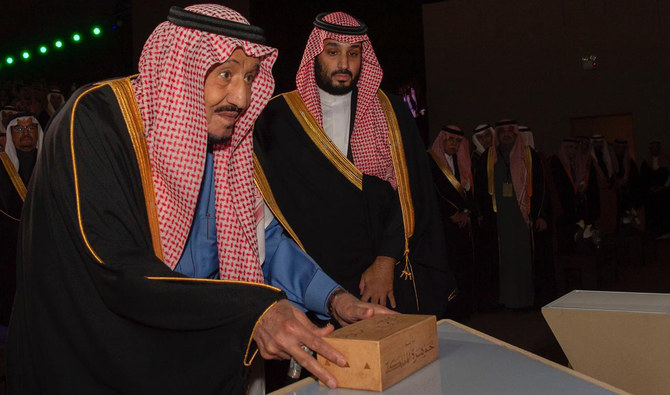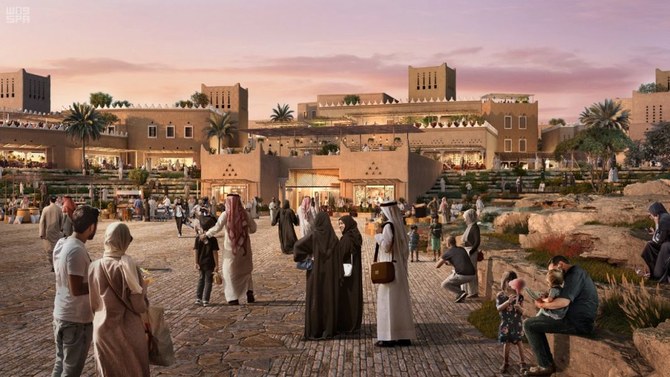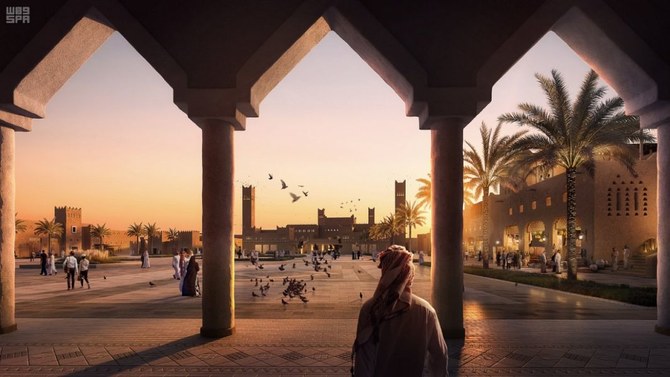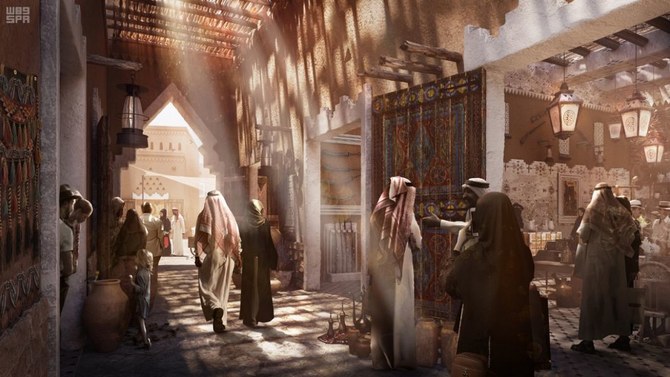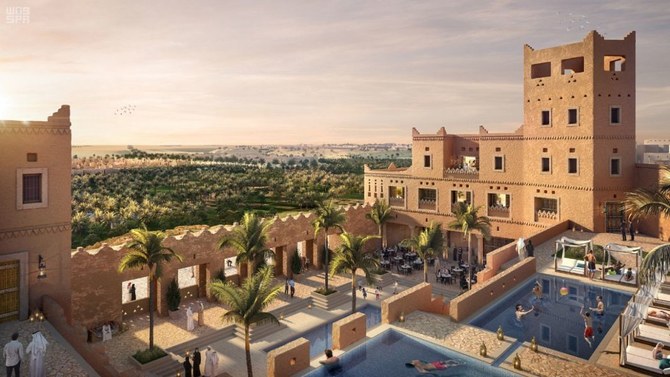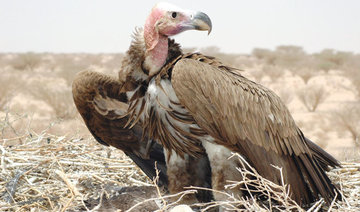DIRIYAH: Work officially began on Diriyah Gate on Wednesday, when King Salman attended the official ground-breaking ceremony and laid the foundation stone.
Work on the SR 64 billion ($17 billion) development, one of the most important projects in the Kingdom, will begin in earnest in January. It will create a global tourism destination that combines a modern city with world-class historical and cultural attractions that reflect the area’s rich heritage.
The official inauguration had been delayed for a day due to heavy rain but that did not dampen the festive mood. Before the foundation stone was laid there were a number of celebratory events, including historical reenactments and displays of traditional culture, including the Ardah dance.
The ambitious plans for Diriyah include a cultural heritage project to restore and renovate the historic area and celebrate its heritage, while also developing modern amenities to transform it into a leading tourist destination.
“Diriyah will have eight museums,” said Jerry Inzerillo, CEO of the Diriyah Gate project. “We are planting a million tress in Wadi Hanifa. We will have a new 15,000-seat cultural-performance center, sporting venues and all new souks. There will be a 3.5 kilometer walking path overlooking the wadi, and several thousand residences and offices.”
The new construction and development will respect and preserve the character of the area and its historic treasures, he added.
“We are not in the business of demolishing,” said Inzerillo. “We don’t like that word. We are in the business of restoring what has authenticity. If something doesn’t conform or comply with the authenticity of the Najd architecture, we will buy it and replace it with what does.”
He noted that 55,000 tourist visas were issued by Saudi Arabia last week and the numbers will continue to grow, after the Kingdom opened up to international travelers.
“They (tourists) will be coming in big numbers — by the time we get to 2030 we will get 27 million visitors (a year) to Diriyah: 7 million international and 20 million domestic,” he added.
The Diriyah Gate project includes more than 20 hotels with a total of 3,100 rooms, and resorts with a further 300 rooms overlooking the Hanifa Valley. There will also be venues for conferences, exhibitions and weddings.
The attractions will include: The Square of King Salman, the largest gathering space in Diriyah; the Samhan Amphitheatre; the Square of the Commemorative Stone of the Kingdom’s Heroes; the Mosque Square, which will provide access to King Salman’s Mosque; and the Historical Village Square, where places, streets, gates, towers and other locations will be named after Saudi historical figures.
The museums will include: The Museum of Al-Saud House, including a pavilion dedicated to King Salman which will showcase his accomplishments and the Kingdom’s heritage; The Museum of the Saudi state and Arabian Peninsula, celebrating the region’s history and the development of the Saudi state; The Museum of the 100-stories Journey, where visitors will learn about Saudi history and culture; and Misk Heritage Museum, an educational institute that aims to encourage young people to get involved with the nation’s history and heritage by highlighting the latest research.
In addition, Diriyah Arts Center will connect past and present through modern and traditional arts and culture, while the Digital Arts Museum will offer visitors an innovative high-tech exploration of Diriyah’s history to encourage young people to explore the Kingdom’s heritage.
Education is also an important part of the project. An arts zone will include academies teaching traditional local skills such as Arabic calligraphy, Islamic arts, Najdi architecture, Najdi cuisine, and Arabian theater and music.
Diriyah Gate will have more than 100 restaurants offering the finest local and international cuisines and a wide range of retail options. The recreational zone will include entertainment and sports venues and facilities capable of hosting international sporting events and concerts, along with four sports and recreational centers.



